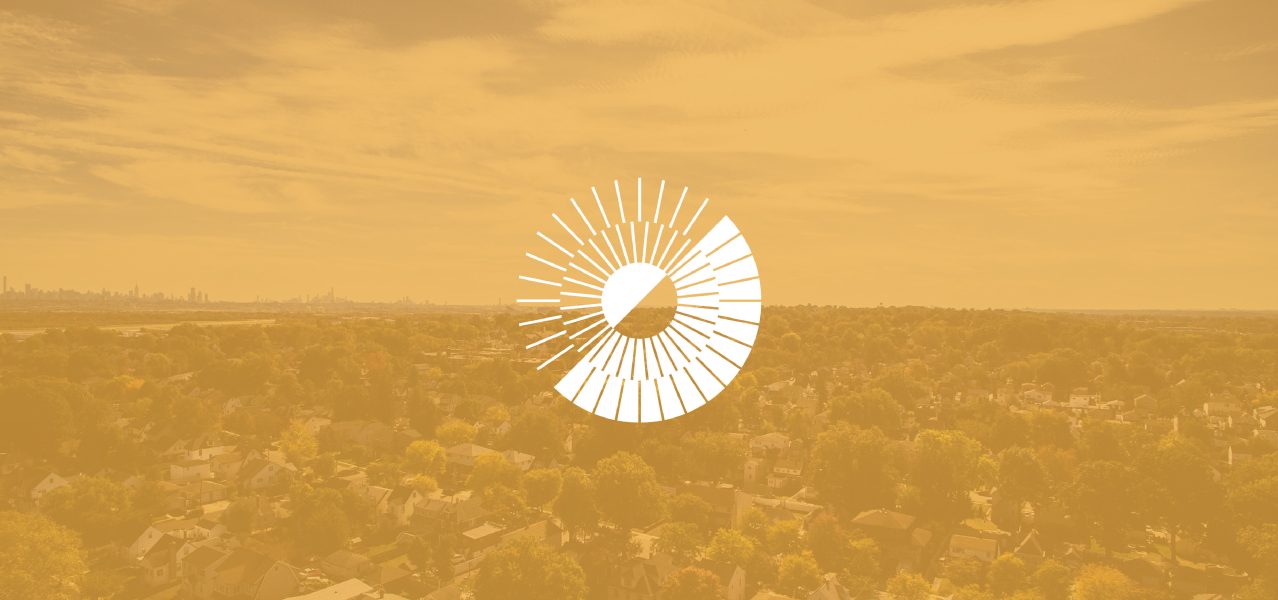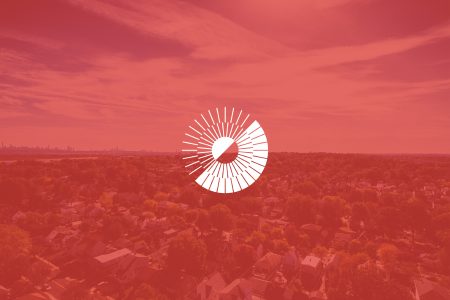Central to the American economy is a complex matrix of fiscal strategies and financial rulings. A crucial element within this framework is the debt limit – a statutory control on the quantity of national debt the Treasury Department can accumulate. Breaching this debt limit, a situation where the nation fails to repay its debt, carries significant implications for all social layers. Yet, it particularly influences Black Americans and financially underprivileged communities, as any interruptions in the deployment of federal assistance programs – such as Medicaid, Pell grants, and SNAP – could shrink the crucial safety nets for these communities. The potential effects of such a breach are multifaceted, affecting racial wealth disparity, home ownership rates, and capital accessibility, underscoring the need for careful and considerate policymaking.
The Impacts on Racial Wealth Disparity
To start, it is vital to focus on the possible effects of a debt limit breach on racial wealth disparity. This wealth disparity is a difference in median wealth among diverse racial groups, with a notable contrast between Black and White households in the United States. A debt limit breach could trigger a widespread economic contraction, marked by increased unemployment, reduced wages, and depreciating asset values. In such conditions, Black Americans, already contending with an existing wealth gap, may face disproportionate consequences. This economic recession could exacerbate the wealth disparity as minority families often bear the brunt of job losses and salary reductions, and their wealth tends to be tied more to employment income than to more stable assets such as stocks and real estate.
The Racial Divide in Home Ownership
Next is the racial home ownership disparity. Home ownership is a major pathway to wealth accumulation in America. However, a distinct racial divide exists in home ownership rates, with Black Americans traditionally less likely to own homes compared to their white counterparts. A debt limit breach might induce a rise in interest rates and tighter credit conditions, making mortgages less accessible, especially for those from low-income households. As a result, the racial home ownership disparity could grow, as Black Americans and financially disadvantaged communities find home ownership increasingly elusive.
Capital Accessibility
The importance of capital accessibility in this narrative is immense. Capital accessibility allows individuals and businesses to invest, expand, and ultimately accumulate wealth. Black Americans and low-income communities often face systemic hurdles to capital accessibility, such as discriminatory lending behaviors and credit limitations. In a scenario of a debt limit breach, the odds of a credit crunch would increase, making loans for education, business growth, or home buying even harder to secure for these communities, potentially perpetuating cycles of economic hardship.
Tradeoff in Policymaking
These potential outcomes point to a trade-off in policy decision-making. While upholding fiscal responsibility and avoiding unchecked national debt growth is a valid concern, the uneven burden that a debt limit breach would impose on Black Americans and low-income communities requires careful consideration. Policymakers need to finely balance fiscal prudence with the potential social-economic ramifications of breaching the debt limit.
Potential Solutions & Challenges
Nevertheless, solutions to these issues are not simple. Policies aiming to bridge the racial wealth gap, like wealth redistribution or affirmative action, often meet political resistance or implementation obstacles. Likewise, initiatives to boost home ownership rates among Black Americans, such as housing vouchers or down-payment assistance programs, have to deal with broader market dynamics, including interest rates and housing supply. Capital accessibility, on the other hand, requires systemic alterations in lending practices and financial regulation, demanding a long-term, multi-faceted approach.
In sum, the potential impact of breaching the debt limit on Black Americans and financially disadvantaged communities demands a thorough examination of wider economic and societal consequences. Policymakers should be aware of how their choices might disproportionately impact these communities, especially concerning racial wealth disparity, home ownership rates, and capital accessibility. The intricate relationship between fiscal policy and social equality requires a detailed and well-informed approach to policy-making.
A debt limit breach provides a sobering lesson about the severe consequences of fiscal mismanagement. It highlights the significance of efficient and thoughtful economic governance, not only for maintaining macroeconomic stability but also for protecting society’s most vulnerable groups from unfair hardship. As the country continues to confront racial and economic inequality, the conversation around the debt limit serves as a stark reminder of the inherent overlap between economic policy and social justice.
The task of addressing racial wealth disparity, racial homeownership gap, and capital accessibility is formidable. However, they are not insurmountable. It necessitates the combined efforts of policymakers, financial institutions, and the wider society to instigate substantial change. A debt limit breach and its potential repercussions should catalyze discussions on economic inequality and the immediate need for reforms.
In order to bridge these disparities, the following is essential:
- It is essential to establish comprehensive, inclusive policies that promote access to quality education, fair lending practices, affordable housing, and wealth-building opportunities.
- Furthermore, these policies must be executed with an understanding of the distinct experiences and challenges faced by Black Americans and financially underprivileged communities.
Against the potential damaging effects of a debt limit breach, the resilience and determination of these communities stand as a testament to their enduring spirit. However, this testament should not be required. The economic strategies and financial rulings of a nation should work to elevate its most vulnerable, rather than push them deeper into the fringes.
In the final reckoning, the consequences of a debt limit breach underline the vital importance of financial responsibility at the national level. It also emphasizes the crucial role of mindful, inclusive policymaking in guaranteeing the economic prosperity of all citizens, especially Black and Brown citizens.
As the country navigates these complicated economic landscapes, the focus must remain on fostering an environment of growth, fairness, and prosperity for everyone. It is crucial for fair economic planning that any agreement concerning the debt ceiling does not unjustly burden low-income citizens or strip them of vital services.




